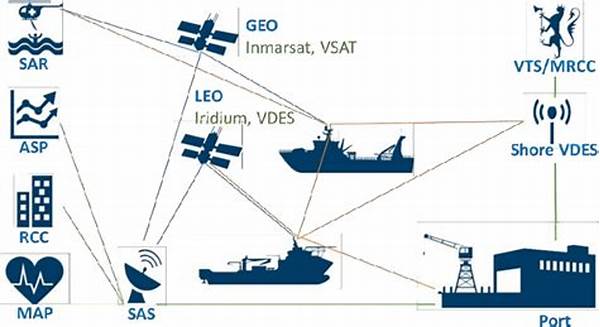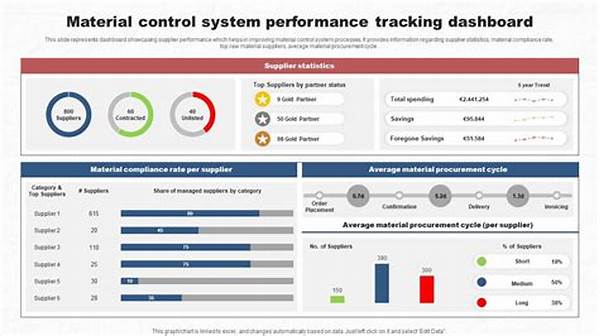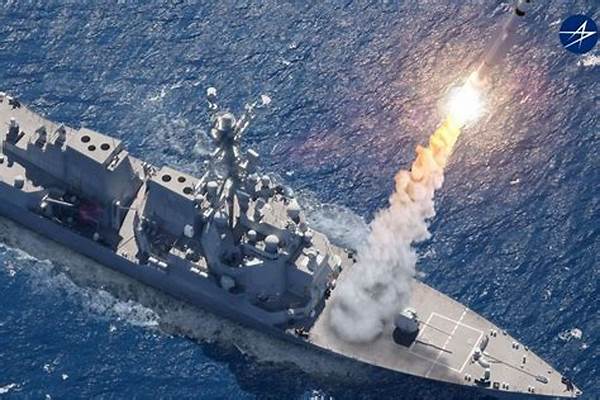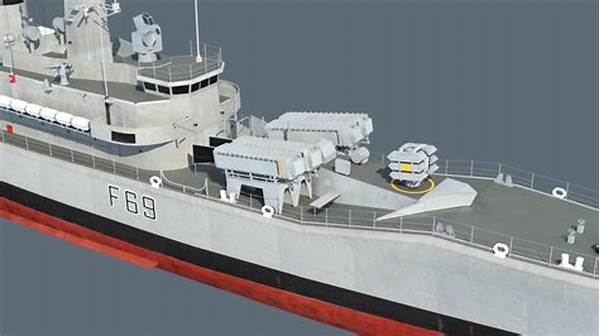In the vast and unpredictable world of maritime operations, vessel communication channels are like lifelines connecting sailors, ships, and port authorities. They ensure the safe navigation of vessels amidst challenging seas and changing weather conditions. The task of safeguarding vessel communication channels is crucial, as it ensures that all critical information is transmitted accurately and in a timely manner. Without proper communication safeguards, the risks of miscommunication, delays, and accidents increase dramatically, potentially endangering lives and endangering marine environments.
The Importance of Securing Communication at Sea
Imagine being in the middle of the ocean, where your only link to the world is your communication system. That’s why safeguarding vessel communication channels is no joke, my friend! You don’t want your messages getting lost or being intercepted by some cyber pirates. Keeping these channels secure means smoother sailing, literally. It’s a big deal to make sure messages reach their destination intact, whether it’s a GPS update, weather alert, or a simple “we’re safe” ping to the shore. When these lines are protected, it keeps the whole maritime show running smoothly and safely, preventing chaos in the vast blue sea.
Slang Stylin’ For Communication Security
1. Keeping vessel talk on lock means safeguarding vessel communication channels from prying eyes.
2. Don’t let those cyber buccaneers mess with our ship speak, mate!
3. It’s all about keeping it tight and right when it comes to safeguarding vessel communication channels.
4. No room for shifty signals when you’d rather have a straight shot!
5. Guarding those airwaves is key, or you’re just asking for a heap of trouble.
Protecting Your Signal: The Heart of the Ocean’s Beat
Alright, so here’s the lowdown on safeguarding vessel communication channels in the good ol’ oceanic realm. The stakes are high, folks! You ever tried shouting across miles of water? Doesn’t quite work, right? That’s where those electronic signals become our BFFs. They keep ships connected, ensuring all the juicy deets and crucial ordinances are received loud and clear. But with all the techy blessings comes the risk of unwelcome guests tuning in. Hackers, eavesdroppers, and other baddies on the prowl—yikes! Keeping that transmission safe is like making sure no one eats your stash of doughnuts. It’s an absolute must.
To keep these lines secured, our tech-savvy vessel operators must employ top-notch strategies and encryption swag. Think of it as a digital fortress around your ship’s secrets. Safeguarding vessel communication channels not only prevents unauthorized access but also ensures smooth operations, reduces response time in emergencies, and keeps the captain’s log squeaky clean of any disruptions. The key takeaway? A secure channel equals a happy and safe voyage, no ifs, ands, or buts about it.
Channeling the Oceanic Chatter
Next up, diving deeper into the heart of safeguarding vessel communication channels. It’s about creating impenetrable defenses that ensure only the right peeps get the scoop. No more static or dud signals throwing important decisions overboard. With encrypted messaging and frequency hopping, it’s like having secret codes that baddies can’t crack. Think James Bond but on a massive ship with oceanic waves serenading the scene.
Here’s the kicker: ignoring this is courting mayhem. With dodgy lines, a standard request could turn into a game of telephone disaster. Someone says “lower the anchor,” and the next thing you know, the ship’s disco lights start flashing. A total nightmare! So, don’t skimp on those digital shields. Keep the chatter clear, safe, and smooth cruising like a cool breeze on a sunny day.
Gettin’ Down with Communication Vigilance
Ship-folks aren’t just worried about sea monsters and raging storms; safeguarding vessel communication channels is part of their daily hustle. Let’s break down why it matters, ya? First off, you’ve got cyber-pirates ready to crash the party any chance they can. So, locking down those channels is top priority. Ain’t nobody got time for hijacked signals, especially when those messages are guiding crew through the seven seas.
In today’s tech-driven marine world, control over communication channels acts like the unseen anchor holding everything in place. It’s a big vibe to know your communication lines are sealed tighter than a treasure chest. Folks onboard can swap signals, share intel about those gnarly waves up ahead, or simply ensure the steering doesn’t go bonkers. Every time those frequencies hop seamlessly, it’s a celebration of security and navigation because it means another day on the sea can go by without a hitch.
Keeping the nautical lines clear of kinks and capable of withstanding prying eyes is not just a want, it’s a gotta-have kind of deal. Without it, we’re just driftwood spinning in the breeze. So, shore up those communications and take a bow!
To Sum Up the Wave Talk
Now, wrapping our heads around safeguarding vessel communication channels brings us to the crux of maritime rendezvous in the modern era. We can all agree that choppy connections are worse than soggy chips, right? Ship and shore crew need each other like peanut butter needs jelly. With security at the fore, there’s peace of mind when ships are out bounding over the waves. Reliable, secure messaging makes sure every “roger” hits home without interference.
As tech chugs ahead, ensuring our marine communication channels are locked down keeps everyone on the same wavelength, sidestepping nasty surprises and misunderstandings. Ultimately, safeguarding vessel communication channels is all about boosting reliability, preventing illicit access, and maintaining harmony as vessels navigate across the big blue. So, tighten up, sailors, and keep those signals polished and impervious to any rogue wave or unwelcome guest. This ship’s gotta sail smoothly!




